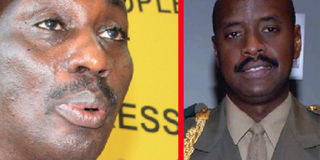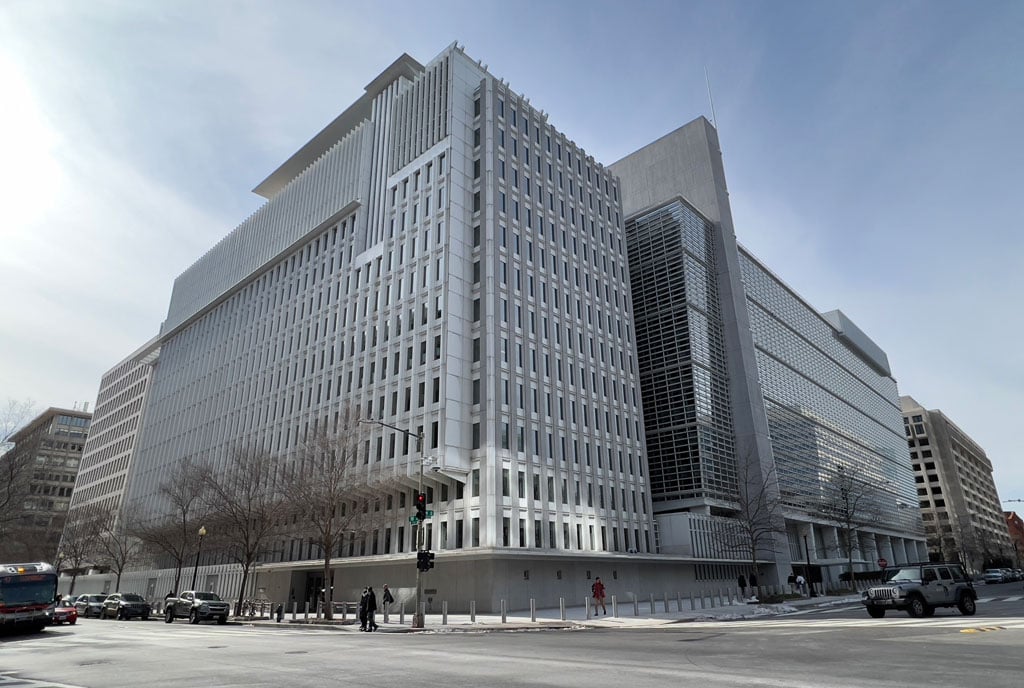Prime
Questions still linger over top army jobs

Gen. Aronda Nyakairima (L), is the chief of defence forces while Col. Muhoozi Kainerugaba heads the Special Forces Group. FILE PHOTOS
What you need to know:
Efforts by the army to make top command positions more nationally representative as required by the Constitution are yet to show remarkable results.
More than two years after Aswa MP Reagan Okumu raised the matter on the floor of Parliament, the top leadership of the Uganda People’s Defence Forces as well as the Special Forces Group, formerly the presidential guard brigade, remains dominated by officers from western Uganda.
The Army leadership has previously explained that the top command of the UPDF - of whom five out of six generals, four out of six lieutenant generals and 12 out of 19 major generals all come from western Uganda - is an accident of history, which brought together like-minded people to join the National Resistance Army in 1981.
However, the command of more recent structures in the army continues to show the same pattern, despite the officers being younger recruits who joined the UPDF long after it took power in 1986.
For instance, the Special Forces Group has none from Karamoja among its 64 top leadership, who include commanders, directors, operations, intelligence, and others. Of the 64, only two come from north (including West Nile), three from the east and four from central region. The other 55 all come from western Uganda. The SFG is mainly responsible for the protection of the President.
The Constitution requires the UPDF to be national in character, meaning recruitment, training, promotion and placement should reflect diversity of Uganda’s tribes. Although recruitment is done openly countrywide, analysis shows the need for reforms and deliberate efforts to ensure that the army’s top positions reflect a national character.
In an e-mail response on regional imbalance in SFG, Capt. Edson Kwesiga, the spokesperson, said: “UPDF recruits into the army basing on set standards such as age, level of education, fitness, among others.”
He added: “...Recruits are posted to different units, including SFG. We receive the recruits seconded to us basing on their ability to further train and perform in extreme situations.”
Tribal representation in government organs, including the army, has always been controversial in the country and dates back to the colonial era where the army, police and prisons services were dominated by people from northern Uganda, whom the colonialists believed were more athletic and predisposed to such work.
Haunting mistakes
Failure to correct the mistakes led to massacre of Acholi army officers by Idi Amin, while Acholi officers overthrew Milton Obote in 1985 in protest against what they said were unfair promotions in the army.
Majority of senior NRA officers have always come from the west. These officers, either by virtue of their positions or historical service, sit on the decison-making High Command.
When Mr Okumu raised the matter in Parliament, government said it was an outcome of ‘historical accident’ but it appears efforts to correct it, if any, are not yet visible.
A senior SFG officer, who this newspaper spoke to in order to verify the identities of the Group’s commanders, said the list leaked to this newspaper was deliberately distorted, adding that three or four officers are currently away on training, and their replacements drawn from outside west.
We were not provided with the names of the replacements and their number does not significantly change the general picture.
Due to the sensitivity of some of the positions in SFG, and in order to ensure that any subsequent debate focuses on issues rather than the personalities, we withhold the names of the commanders - Editor.




